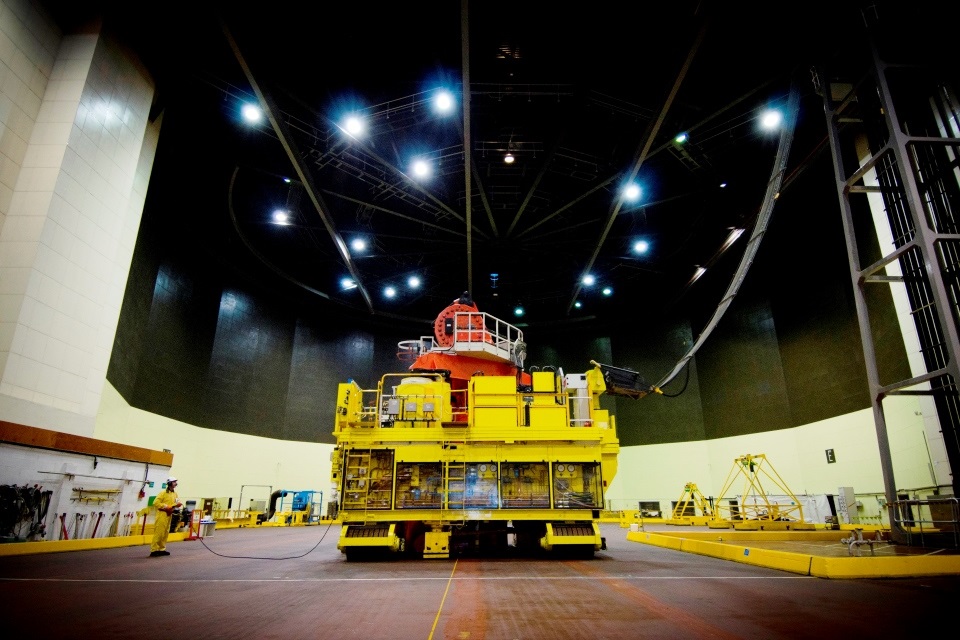Speech: New Year Message from British Ambassador to Maldives James Dauris
The relationship that the Maldives and the UK enjoy is long-standing. We are connected through history, through shared interests and concerns and, perhaps most importantly, through people.
This year British tourists have again made a very important contribution to Maldives’ economy. This year around a hundred thousand British holiday makers have visited your extraordinary country and I’m sure they will have enjoyed it. Of course a few people fall sick or get into difficulties and we are again grateful to the Maldives police and coastguard for the consular support they have given us during the year.
Education has long been an important tie for us. I’m pleased that this year we have again been able to help talented young Maldivians to study at prestigious British universities through our Chevening scholarship scheme, and it’s great that we were able to sponsor a local journalist to join journalists from around South Asia for some training.
On a quite different theme, the threat from terrorism is one that countries around the world face today, Maldives and the UK among them. We’ve done some great work this year with the Maldivian authorities on aviation security issues. And we’ve provided training for security managers of resorts all around the country. I’m looking forward to more of this sort of cooperation – sharing best practice and working together helps to keep us all safe.
We have continued to support important work that is being done in Maldives on women’s issues. Through the year I’ve really enjoyed meeting lots of people, men and women, in Male and on other islands who share my belief that our societies are better off when women and girls are able and encouraged to participate in all sorts of activities, including in business and politics.
Both as British Ambassador and as someone who has grown fond of your country over the two plus years that I’ve been in my position, I’ve seen things that worry me happen too. The freedoms to speak, to write, to meet, to justice, to choose are ones that should really matter, to all of us. We are hoping that we will see these freedoms start to flourish again in the coming year.
Since I was young I’ve had a strong interest in the environment and in effective conservation. In Maldives, beauty and environmental fragility go hand in hand. Experiences of countries around the world show us that coral reefs destroyed are impossible to replace, areas of mangrove bulldozed almost impossible to re-establish. It’s because the Maldives are so unspoiled that many people choose to visit. Going forwards I think that getting the balance between economic interest and conservation is one that will need careful thought and principled decision-taking.
Looking to 2018, everyone will agree that one of the most important events is going to be the presidential election. Almost every Maldivian I meet tells me of their hope that the election and the whole election process will be fair, and that voters will have a real choice and a free choice. In the UK, we share that hope.
I trust that you will share my wish that, in Maldives, in the UK and around the world, we will see values that make our societies peaceful and prosperous, tolerant and fair, prosper in the year ahead, and our communities grow stronger and happier for it.
May I wish you success and happiness in the coming year.
